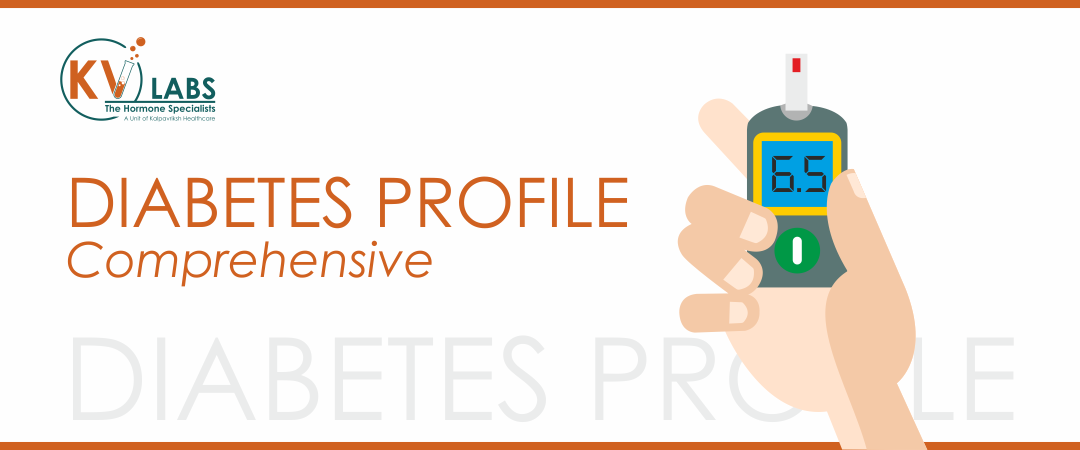
Price:
Rs. 4900
Rs. 2099
- Routine examination, Basic examination, Urine (Urine Routine) (20)
- Microalbumin/Creatinine Ratio, Urine Spot (3)
- Complete Blood Count, CBC, Haemogram, Hemogram (23)
- HbA1c, Glycated Haemoglobin (3)
- KFT - Kidney Function Test - Renal Function Test - RFT (12)
- Liver Function Test - LFT (11)
- Total - Thyroid Profile (3)
- Lipid Profile (8)
- Blood Sugar Fasting,Fluoride Plasma (1)
What does this check up tell you?
Routine examination, Basic examination, Urine (Urine Routine)
The urine routine is a set of screening tests that can detect some common diseases. It may be used to screen for and/or help diagnose conditions such as a urinary tract infections, kidney disorders, liver problems, diabetes or other metabolic conditions, to name a few.
A urine routine examination or Urinanalysis is comprised of several chemical, microscopic and visual examinations used to detect cells, cell fragments and substances such as crystals or casts in the urine associated with the various conditions listed above. It can detect abnormalities that might require follow-up investigation and additional testing. Often, substances such as protein or glucose will begin to appear in the urine before people are aware that they may have a problem.
Complete Blood Count, CBC, Haemogram, Hemogram
This is a pathological blood test used to evaluate your overall health and detect a wide range of disorders, including anemia, infection and leukemia. Abnormal increases or decreases in cell counts as revealed in a complete blood count may indicate that you have an underlying medical condition.
HbA1c, Glycated Haemoglobin
The term HbA1c refers to glycated haemoglobin. By measuring glycated haemoglobin (HbA1c), clinicians are able to get an overall picture of what our average blood sugar levels have been over a period of weeks/months.
For people with diabetes this is important as the higher the HbA1c, the greater the risk of developing diabetes-related complications.
KFT - Kidney Function Test - Renal Function Test - RFT
The usual blood test which checks that the kidneys are working properly measures the level of urea, creatinine and certain dissolved salts. If you have type 1 or type 2 diabetes or high blood pressure, your doctor may recommend this test every 6 months.
Liver Function Test - LFT
Blood test to help diagnose and monitor liver disease or damage. The tests measure the levels of certain enzymes and proteins in your blood.Some of these tests measure how well the liver is performing its normal functions of producing protein and clearing bilirubin, a blood waste product. Other liver function tests measure enzymes that liver cells release in response to damage or disease.
Total - Thyroid Profile
Thyroid function tests are a series of blood tests used to measure health of thyroid gland. The thyroid produces two major hormones: triiodothyronine (T3) and thyroxine (T4). If your thyroid gland doesn’t produce enough of these hormones, you may experience symptoms such as weight gain, lack of energy, and depression. This condition is called hypothyroidism.If your thyroid gland produces too many hormones, you may experience weight loss, high levels of anxiety, tremors, and a sense of being on a high. This is called hyperthyroidism.
Lipid Profile
A complete cholesterol test — also called a lipid panel or lipid profile — is a blood test that can measure the amount of cholesterol and triglycerides in your blood.
A cholesterol test can help determine your risk of the buildup of plaques in your arteries that can lead to narrowed or blocked arteries throughout your body.High cholesterol levels usually don't cause any signs or symptoms, so a cholesterol test is an important tool. High cholesterol levels often are a significant risk factor for heart disease.
Blood Sugar Fasting,Fluoride Plasma
A blood glucose test measures the amount of glucose in your blood. Glucose, a type of simple sugar, is your body’s main source of energy. Your body converts the carbohydrates you eat into glucose.
Glucose testing is primarily done to check for type 1 diabetes, type 2 diabetes, and gestational diabetes. Diabetes is a condition that causes your blood glucose level to rise.
The amount of sugar in your blood is usually controlled by a hormone called insulin. However, if you have diabetes, your body either doesn’t make enough insulin or the insulin produced doesn’t work properly. This causes sugar to build up in your blood. Increased levels of blood sugar can lead to severe organ damage if left untreated.
In some cases, blood glucose testing may also be used to test for hypoglycemia. This condition occurs when the levels of glucose in your blood are too low.